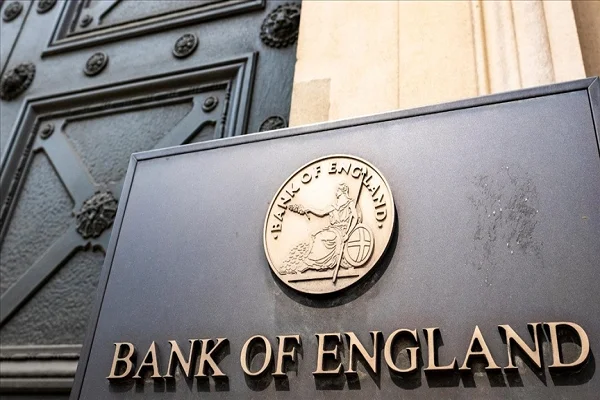Bank of England Announces Yet Another Hike in Interest Rates as Cost of Living Crisis Escalates

On Thursday this week (5 May), the Bank of England is expected to once again increase interest rates as the cost of living and inflation rates spiral out of control. The Bank of England is doing this in an attempt to stabilise the constantly increasing inflation rate. This rise will see a thirteen-year high in interest rates.
Rates are predicted to rise from the current rate of 0.75% to 1%, the highest seen since 2009. Due to the ongoing war in Ukraine, inflation is expected to continue to rocket with the rise in the cost of living, making it very difficult for many to deal with crippling financial responsibilities.
Members of the MPC (Monetary Policy Committee) have previously raised interest rates during the last three meetings in order to try and get inflation under control. Inflation currently sits at a 30-year high with a 7% inflation rate by the end of March, a far cry from the 2% target set by the Bank of England.
Things are expected to go from bad to worse with the predicted energy price cap revision due to be increased again later in the year. There is also a warning that inflation may, at the same time, rise to a worrying 9%, with some experts believing that it could actually reach double figures.
By raising interest rates when prices are increasing faster than wages, the Bank of England hopes that people are encouraged to save as opposed to borrowing. This tends to slow down the economy and, in turn, help bring down inflation rates.
With businesses and households being forced to tighten up on their finances, the growth of the UK economy is likely to suffer with the expectation that the Bank of England will further trim the economy on Thursday, according to the experts.
Investec economists said: “The UK is in the grip of the cost-of-living crisis. Coupled with tax rises, this leaves a rocky road ahead.”
The expectation from the experts at Investec is that we will be able to avoid a full-on recession. This is primarily due to many being able to save during the COVID-19 pandemic, but spiralling inflation and slow economic growth “leave the MPC in a bind”.
Investec has stated that they are predicting another hike in August from 1% to 1.25% but expect a pause after “assessing how big the effect of the real income squeeze on activity turns out”. More increases in 2023 are a very real possibility, with two more rises expected to be implemented.
February saw a sharp decrease in growth as the cost of living crisis really took hold. Official data released revealed that in February there was growth of just 0.1%, down from 0.8% seen the month before.
The Bank of England stated that it thought this year’s first quarter growth would sit at around 0.75%, which is higher than the expected GDP (gross domestic product), which was expected to remain flat.
Many experts, however, are predicting a flatlining of the GDP in quarter 2, as escalating prices further decrease consumer confidence.
